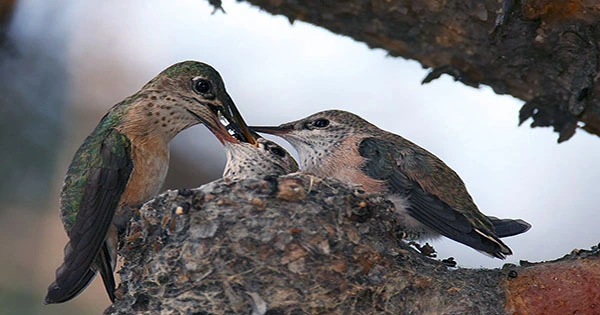People are being urged to stay out of Stanley Park, Vancouver, as several more quake attacks have forced an expert to speculate that the animals may have taken poison or even drugs. There have been unusually high numbers of coyote attacks in the park over the summer, one of them under the age of five. The latest attack took place on Monday when a coyote approached two men on a picnic and bit their legs.
A few days ago a man was walking, and the day before that a woman was juggling. As a result of the attack, the British Columbia Conservation Officer Service has issued a number of warnings urging visitors to exercise caution inside the park, or better yet stay out of it altogether. “[The Conservation Officer’s Service] is urging the public to stay out of Stanley Park,” the service wrote on Facebook. “Be very careful if you are in the park, as there is a high risk of encountering aggressive coyotes – especially in the morning or evening when the coyotes are more active.”
Such attacks are unusual. Although they have increased in number in recent years, they have remained rare. One study documented 367 attacks on humans in the United States and Canada from 1977-2015. At Stanley Park, there have been more than 30 in the last few months. So, what is the reason for this increase? An expert points out a number of factors that may have contributed to the problem, one of which was medication.
“The Stanley Park issue is more complicated than usual. No one here is the main reason.” There are a number of possible reasons involved, including thanks to hand feeding or otherwise feeding people willing to get proximity quotes to humans. One study analyzed 142 attacks and found that 30 percent of the incidents occurred after intentionally or accidentally feeding people near the scene, which the author suspected was less than the actual figure. Another reason was the displacement of animals in recent months.
Alexander said, “By homeless camps, these animals are now pushed to marginal areas where they have more contact with humans and are more likely to come into conflict. However, the unusual attacks forced him to speculate that there might be more unusual contributing factors to the game. He told CTV News, “The behavior of these few people indicates that they have taken toxins and drugs, possibly opioids. There are also some indications of possible abuse of these animals.”
















